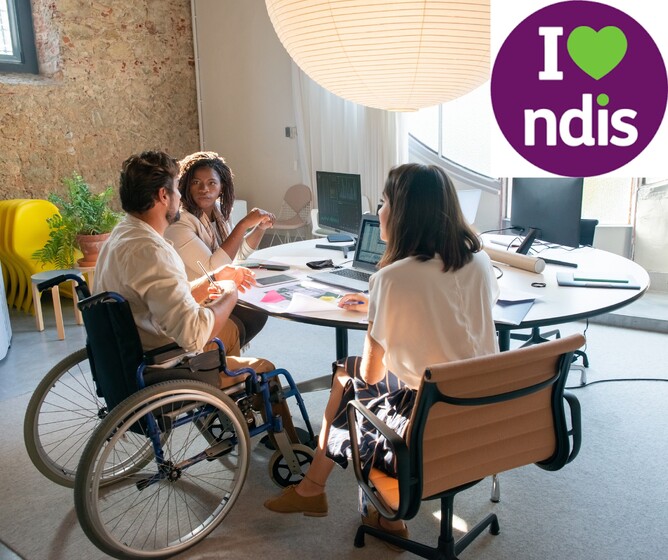NDIS Plan Management: Maximizing Benefits for Holistic Health Care
Living with a disability can be challenging, but the National Disability Insurance Scheme (NDIS) offers crucial support. Effective plan management is key to maximizing the benefits of your NDIS plan, especially when it comes to holistic health care and allied health services. This aims to empower you, the NDIS participant, to make the most of your plan for a well-rounded approach to your well-being.
Understanding NDIS Plan Management
NDIS plan management takes the administrative burden off your shoulders, allowing you to focus on achieving your goals. A plan manager handles the financial aspects of your plan, including paying service providers, claiming reimbursement from the NDIA, and tracking your budget and spending.
There are three main plan management options:
Self-managed: You take complete control of your finances. While it offers flexibility, it can be time-consuming and requires strong financial literacy.
Plan-managed: A registered plan manager takes care of the financial nitty-gritty, freeing your time and energy. There are fees involved, but it offers significant benefits.
NDIA-managed: The NDIA itself manages your funds, suitable for those needing additional support. However, this option limits your choices regarding service providers.
Why Holistic Health Care is Important
Holistic health care focuses on your overall well-being – physical, mental, emotional, and social. It considers how these aspects are interconnected and aims to improve your overall quality of life.
NDIS participants can significantly benefit from a holistic approach. Complementary therapies like massage, yoga, or acupuncture can address pain management, stress reduction, and improved mobility. Additionally, services like psychology, speech therapy, or social work can support your emotional and social well-being.
Allied health services are essential components of holistic care. These professionals, such as physiotherapists, occupational therapists, or dietitians, work alongside doctors and nurses to provide specialized support and help you achieve your goals.
Maximizing Benefits through Effective Plan Management
Choosing the right plan management option depends on your individual needs and comfort level. Consider your time constraints, financial expertise, and desired level of control. Discuss your goals and aspirations with a Local Area Coordinator (LAC) to determine the best approach.
Effective communication is crucial. Talk openly and regularly with your plan manager and service providers. Clearly define your goals and priorities, and ensure everyone understands your needs.
Budgeting effectively is key for maximizing holistic care. Explore the NDIS funding categories related to allied health services, therapies, and support groups. Allocate funds strategically, considering both immediate and long-term needs. Discuss budget adjustments with your plan manager as priorities evolve.
Conclusion
Effective NDIS plan management is essential for maximizing the benefits of your NDIS plan and ensuring access to holistic health care. By understanding the different plan management options, recognizing the importance of holistic health care, and implementing strategies for effective communication and budgeting, you can optimize your NDIS plan to meet your comprehensive health needs.
Remember, Holistic Strength is here to help. We offer a network of qualified service providers catering to NDIS participants, supporting their holistic health journey. Contact us today to explore how we can empower you to live your best life!
